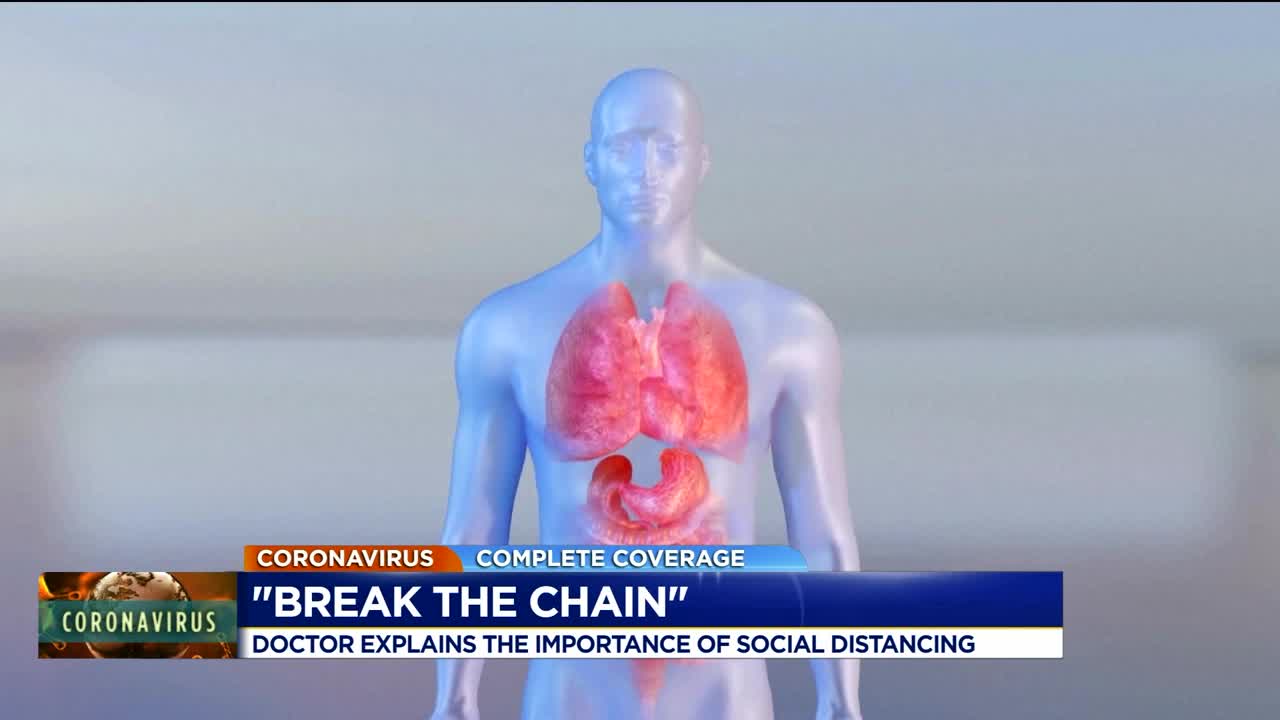RICHMOND, Va. -- Parents throughout Central Virginia are frustrated that they have to figure out childcare for their kids now that the Governor has ordered all schools to close for two weeks.
On top of that, big events that we all look forward to, like March Madness, are cancelled
Many are baffled by the sudden changes when they look around and don't know anyone who has COVID-19, but there is science behind these measures.
Dr. Dan Hanfling with In-Q-Tel in Arlington, Virginia, said social distancing strategies have worked well in countries like Hong Kong and Singapore to slow down the spread of the virus.
Dr. Hanfling is an emergency room doctor and Vice President at In-Q-Tel which focuses on health security requirements that support national security.
He said social distancing is the most important tool we have to fight COVID-19.
Social distancing includes avoiding mass gatherings and maintaining approximately 6 feet from others when possible.
"It's easy to think that well, I'm not 50, I'm not 60, I'm not going to get this, I'll probably be among the 80 percent who, if effected, mildly effected, and yet as I said earlier, you don't want to be a link in the chain, you want to be able to break the chain," Dr. Hanfling said. "I think posing it in the context of protecting parents, grandparents, and other elders of the community are critically important."
Dr. Hanfling said slowing down the spread will buy us time to create a vaccine and keep hospitals from getting overburdened by a huge rush of patients who need ventilators.
If that were to happen, doctors might be forced to make tough decisions.
"We know that there are approximately one million hospital beds in the US. There are significantly fewer ventilators, with approximately 70,000 in the healthcare systems, and a significantly smaller number in the Strategic National Stockpile,” said Dr. Hanfling. “By the numbers, if spread were to explode exponentially in the US, even if only a small percentage of those who get exposed and fall ill were to require hospitalization, let alone critical care services, our health care institutions would be overwhelmed."



